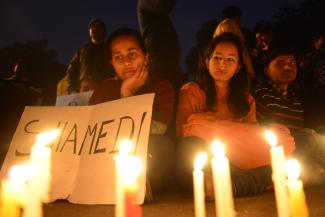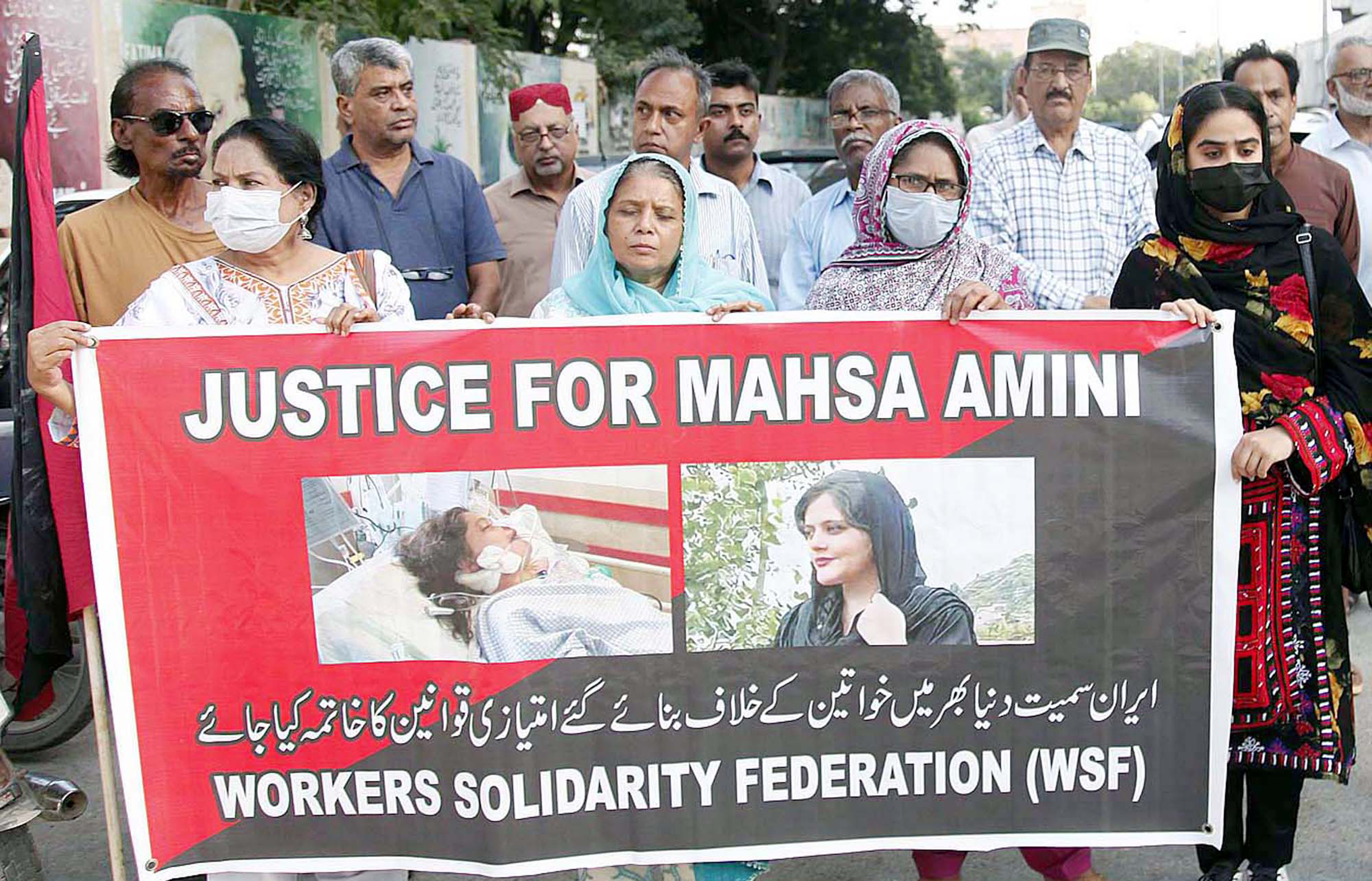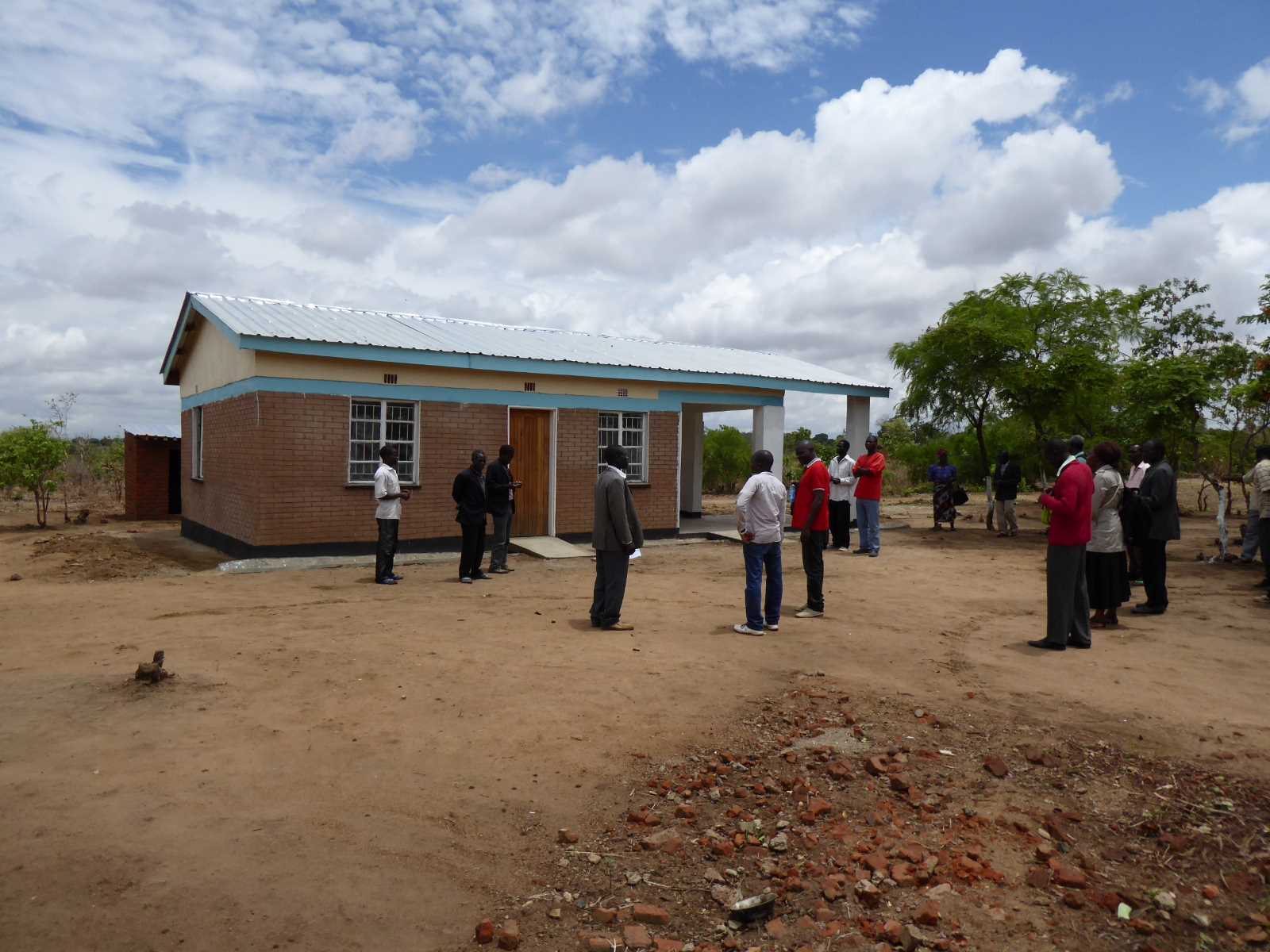Gender
More needs to happen

India ushered in the new year on a sombre note. The armed forces cancelled all revelry and even the "strictly partying" class chose to hold candle light vigils, protesting against sexualised violence that goes unpunished. India's capital New Delhi is also its rape capital. According to the police, one incident is reported every 18 hours on an average. Offical data show that reported rape cases in the country increased by nearly 17 % between 2007 and 2011 and it is no secret that the unreported cases exceed the reported ones. Sex offences are rampant in India’s tribal heartland, in the remote north-east, in troubled Kashmir and often in urban India too, under the noses of the police.
In mid December, the horrifying rape and death of a young woman in Delhi triggered a social-media assisted mass mobilisation against administrative apathy and police complicity. For the first time, the "middle classes" are responding to the dangers of rape. Indian citizens want their elected representatives to become accountable. For long, this democracy has been bludgeoned into passivity by official arrogance and numbed by growing consumerism; electoral democracy has often been replaced by mobocracy.
A country with more than a billion people, diverse cultures and many languages will always face daunting challenges. Yet one wonders why India must have the distinction of being "the worst country in which to be a woman", as a news service run by Thomson Reuters reported. Hindus are inspired by Durga and Kali, powerful female goddesses. Inida has strong women in positions of leadership in many institutions. Indira Gandhi was its prime minister and her daughter-in-law, Sonia Gandhi, heads the country's dominant political party.
Nonetheless, femal foetuses are killed with horrifying regularity. Experts point out moreover that, of all girls born, 37 % die before they reach their reproductive age, and another 18 % die in their child-bearing years. In an overall misogynist culture, many men feel entitled to prove their virility by abusing women.
India needs a different mindset, beginning with women themselves. The approach to law-making and law-enforcement must change too. Legislators, police and courts must rise to the challenges that include shockers like alleged rapists doubling up as elected legislators and brides in some rural areas having to spend the first night with the zamindar village landlord before being entitled to their husbands' beds.
Will the death of one young woman truly ignite the nation into ensuring that enough is enough? In her death, the 23-year old victim has emerged victor; she is now called "India’s daughter", "fearless" and "braveheart". The nation urges her to "rest in peace" because it will not. Demonstrators demand tougher laws, and the authorities in Delhi have begun to act. The police filed the chargesheet against the accused in the Delhi gangrape who were arrested in record time. This, however, is only the response to a terrible crime in the national capital. Even the optimist knows that the rest of the country is far, far away.
Aditi Roy Ghatak is a free lance journalist based in Kolkata and Delhi.













